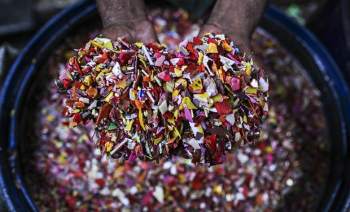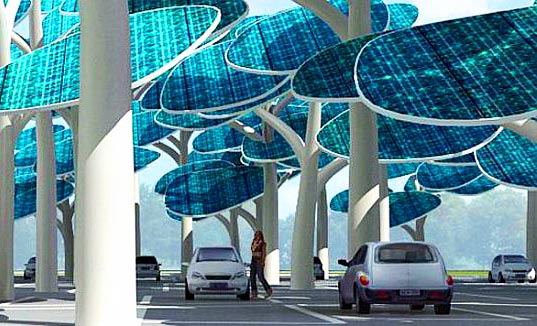Michael Reynolds, founder of Earthship Biotecture, who developed this green concept popularized; “An Earthship is the name we have given to a building or vessel that we use to live on this planet that is absolutely independent of all public and municipal utilities. A lot of people think off-the-grid living is like living in some kind of teepee or something. This is a pretty damn nice house.” Earthships, the U-shaped solar homes which are made entirely of natural and recycled materials, can be seen in the mountains of New Mexico, across the USA, and in at least 25 countries.
The design revolves around six core concepts – on-site solar and wind electricity production, water harvesting, on-site wastewater treatment, thermal solar heating and cooling, on-site food production and using readily available materials. Earthships’ walls are made from old rubber tires, glass bottles, and tin cans mixed with concrete. Most modern amenities are provided in a self-sufficient way to change the face of remote living. The homes collect all of their own water via the rain. Drinking water is caught by the metal roof and collected in four cisterns capable of storing 5,800 gallons of water. That water is treated and filtered down to five microns to make it ready to drink. Grey water from the showers and bathroom sinks is used to water a planter in the greenhouse. That grey water is pumped back into the house and used to flush the toilets.
Earthships generate on-site electricity with solar panels and batteries. Simple earth tubes and ceiling vents in the greenhouse keep the house cool in the summer. Passive solar design, thermal mass, lots of insulation and sunlight keep the house warm in the winter. The back and side retaining walls are made of tires packed tightly with dirt. These tires become a 200-pound steel belt encased brick. Non-load bearing interior walls are made of aluminum cans sandwiched into a honeycomb matrix of concrete.
It built by digging at least 1.2 meter below the earth’s surface, range in price from $250,000 to $1.5 million.







